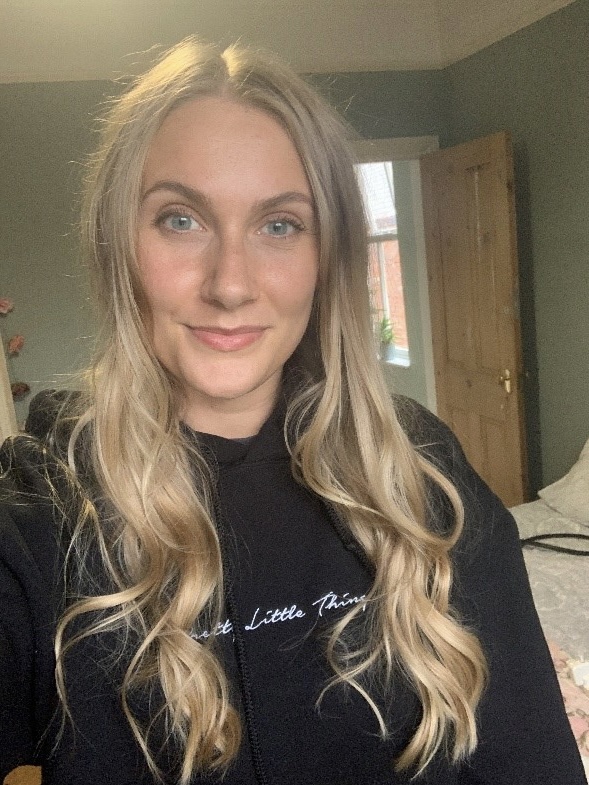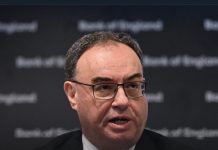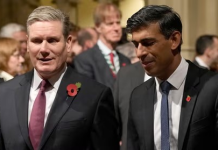A Manchester teacher who had a stroke at 26 is backing a nationwide campaign to call for the radical transformation of neurological services as a new landmark survey1 has found nearly 2 in 3 people with a neurological condition are not having their mental wellbeing needs sufficiently met.
Lili Vachon, 27, has joined Neurological Alliance’s across the UK – which together represent more than 100 organisations including organisations such as the MS Society and Parkinson’s UK – to speak out about how the lack of mental health support can make a neurological condition significantly worse, and leave people feeling isolated and withdrawn from social relationships and work.
Results from the My Neuro Survey – which asked 8,500 people living with neurological conditions about their experiences accessing treatment, care and support – revealed the vast majority (81% of adults and 89% of children and young people) said their condition had made their mental wellbeing worse. Despite the best efforts of services and healthcare professionals across the country, over half (60% of adults and 52% of children and young people) said they hadn’t been asked about their mental wellbeing by a healthcare professional in the past three years.
At least one in six people live with a neurological condition, like Lili which affects the brain, spinal cord, and nerves. Conditions like multiple sclerosis (MS) and epilepsy can impact anyone at any time, no matter your age, circumstance or gender. They can impact all aspects of your life, how you think, feel, move and work. When you have a neurological condition, such as Parkinson’s, the quality of care and support you receive is vital.
Due to staff shortages, poor integration of physical and mental wellbeing and restrictive and inconsistent commissioning of services, thousands of people are facing a daily battle with the healthcare system, including long waits for care.
Lili had a stroke in August 2021. She was initially misdiagnosed as having a migraine and sent home, despite being unable to stand up straight, walk or talk properly. Two weeks later she was told she’d had a stroke over the phone, and given no aftercare. She now lives with constant fatigue and has had to advocate for herself to get any kind of help, including mental health support.
She says: “I have been very lucky with my recovery. I haven’t been left with any disabilities – my speech and mobility came back – but the neuro fatigue has been awful. It’s taken away everything I love – my work, my hobbies, my social life. For over eight months I’ve been continuously asking to be referred for mental health support but I’ still only on a waiting list. Not hearing from anyone, and not being told anything for months on end has made my anxiety worse. I don’t know who to ask for help because I’ve not been given any information.
“Every step of the way has been this huge battle and for me and it feels like nobody is communicating with each other and certainly nobody is communicating with me. I don’t know who to ask for help because I’ve not been given any information. The only time I’ve felt heard was when I spoke to The Stroke Association. They put me in touch with Different Strokes who arranged for me to speak to another teacher who had a stoke at a younger age. Apart from that, there’s a desperate need for a more unified approach to support after people go through something like I have.”
The report also highlights concerning delays to treatment and care reported in the survey, with more than half of adults (55%) experiencing delays to a routine neurologist appointment. There was also a lack of support and information for people at diagnosis – with almost half (40%) of adults and a third (33%) of children not receiving any information about their condition when diagnosed. To coincide with the research – which is included in the ‘Together for the one in six’ reports – latest stats from NHS England show that as of March 2022, more than 225,000 people2 were waiting for NHS neurosurgery or neurology treatment in England.
As part of the #BackThe1in6 campaign, people across the UK are being urged to sign a petition to all UK Health Ministers, calling on them to work together through a Neuro Taskforce to set out their plans to improve treatment, care and support for people affected by neurological conditions. The Neuro Taskforce would bring together relevant departments, health and social care bodies, professional bodies, people affected by neurological conditions and the voluntary sector in all four UK nations.
Georgina Carr, Chief Executive at the Neurological Alliance, says: “Living with a neurological condition can be exhausting and scary, and can have an enormous impact on mental health. Yet our report reveals people, like Lili are being left to struggle on alone – either not knowing where to go to for support, or facing an uphill battle to access under-resourced healthcare professionals.
“For years, people with neurological conditions have felt ignored, with public policy and service improvement for neuroscience under-prioritised. The tide is starting to turn, but we now need all four Governments to work together to develop and resource clear plans to improve the lives of the one in six people in the UK who live with a neurological condition. They must urgently put together a Neuro Taskforce to make sure we have the right services in place for people with a neurological condition now and in the future.
“With NHS England and Improvement recently announcing Integrated Care Systems are ‘ready to take on much greater responsibility’ – which will include more specialised services that people with neurological conditions rely on – the experiences that underpin the report and our calls to action must be heard now. Everyone living with a neurological condition must have access to high quality, joined up neurological care, wherever they live.”
Sign the #BackThe1in6 petition here:https://tinyurl.com/







